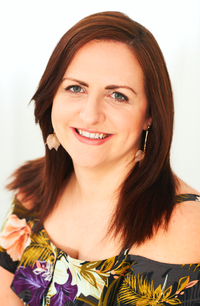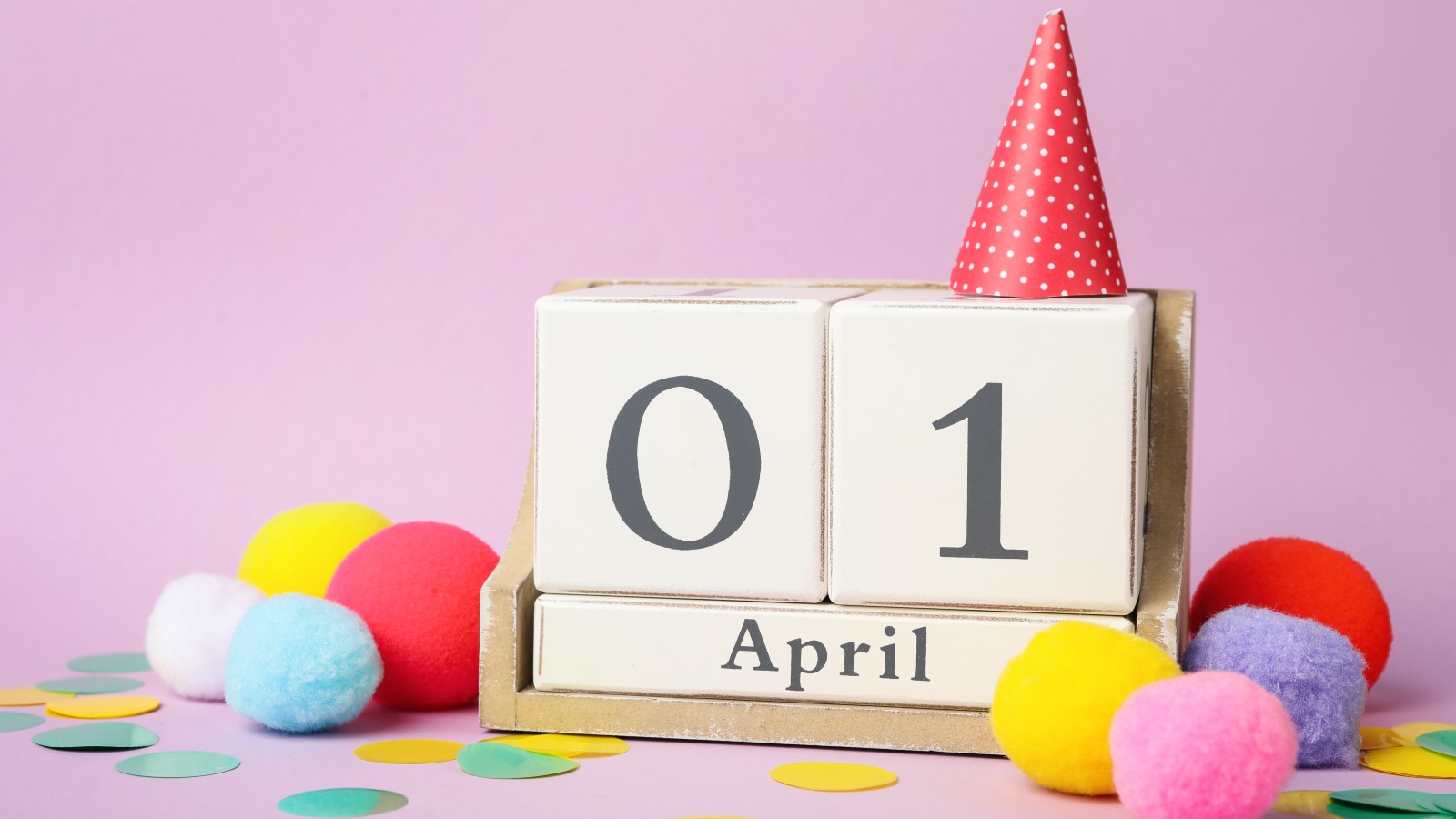Why is April Fools' Day a thing? All you need to know about the prank traditions


Parenting advice, hot topics, best buys and family finance tips delivered straight to your inbox.
You are now subscribed
Your newsletter sign-up was successful
The one time of year when you're not supposed to believe what you read or things you are told is on April 1st - and whether you've been pranked today or had a lucky escape, people are wondering why is April Fools' Day a thing?
There are lots of different traditions when it comes to the first of the month, like saying White Rabbits to get good luck, but people should be cautious or skeptical around April Fools Day which falls on the 1st of April each year because its a time when fake stories are circulated or pranks pulled in the hope of catching someone out. They're often funnier than the best dad jokes, and can even better than fun facts at blowing your kids' minds.
Each year, the pranks get bigger and bigger and even brands have used the day to take part in a bit of fun marketing - producing hoax content that could easily be mistaken for the real deal even if they fool just one person. And this year, despite waking up and being aware of April Fools Day, I still fell for Walkers crisps' ploy to fool fans into thinking they had just launched "new giant bread shaped crisps" which they were calling "sandwich crisps" - they totally had me with the detailed packaging! And I wasn't the only one who when realised we had been fooled, were left disappointed that this wasn't actually going to be a thing.
So as family members, neighbours, co-workers and even teachers may try to trick you, we look at where the idea of April Fools Day comes from...
Why is April Fools' Day a thing?
April Fools Day - sometimes called All Fools Day - is a day dedicated to practical jokes and general silliness and why it's a thing still remains a mystery, although there are many theories about how April Fools Day started.
Some people believe that the first association of April 1 and playing tricks can be found in Geoffrey Chaucer's The Canterbury Tales from 1392. In The Nun's Priest's Tale a fox tricks proud rooster Chauntecleer on "syn March bigan thritty dayes and two".
Although it's likely that the author meant 32 days after March which would make it May 2nd, but many readers understood the line to mean March 32 (or April 1st).
Parenting advice, hot topics, best buys and family finance tips delivered straight to your inbox.
Meanwhile, others believe April Fools Day was the result of a desire to celebrate the springtime and its changing season, with many cultures historically holding celebrations around the beginning of April - including the Romans who had a festival called Hilaria on March 25 and there's the Hindu festival called Holi which is held in March to celebrate the arrival of spring.
Another theory is that April Fools' Day started when a new calendar was adopted in 1582. At the time Pope Gregory XIII ordered the use of a new calendar, known as the Gregorian calendar, which celebrated New Year's Day on April 1 but many refused to believe the new calendar or didn't know about it.
These people who were slow to get the news or failed to recognise that the new year had moved became the butt of jokes. Many began to make fun of these "fools" by sending them to look for things that did not exist - a fool's errand - or tricking them into believing something false.
It spread in Britain during the 18th century and in Scotland it became a two-day event, starting with "hunting the gowk" (phoney errands) and followed by Tailie Day which involved pranks on people's behinds such as pinning fake tails or "kick me" signs on their backs.
And pranks included having paper fish placed on their backs and being called "poisson d'avril" (April fish) which symbolised a young, easily caught fish and gullible person.
Whatever the gag, big or small, it usually ends with the prankster yelling “April Fool!" when the victim falls for it and Robbie William's once fell for a prank played on him by his wife Ayda and his kids.
Below is the Walkers Crisps new product prank - did you fall for it?
When do April Fools' Day pranks end?
April Fools' Day pranks are only supposed to be told until noon on April 1, after that time pranksters are supposed to come clean and confess to their jokes and this is written in the rules of the day, dating back to the 1700s. And for anyone who continues the jokes into the afternoon are considered the fool - in which the victim can say "the fools on you" - as they either don’t know the proper rules, or have failed to properly acknowledge them.
And some people warned others about what NOT to joke about on April Fools' Day, due to its sensitive nature and includes - mental illness, suicide, coming out, pregnancy, cheating/ breaking up, cancer / terminal illness, and sexual assault.
Last year Zayn Malik's sister got backlash from her April Fools Day joke about being pregnant.

Selina is a Senior Family Writer for GoodtoKnow and has more than 16 years years of experience. She specialises in royal family news, including the latest activities of Prince George, Charlotte, Louis, Archie and Lilibet. She also covers the latest government, health and charity advice for families. Selina graduated from the University of Sheffield in 2006 with a degree in Journalism, and gained her NCTJ and NCE qualifications. During her career, she’s also written for Woman, Woman's Own, Woman&Home, and Woman's Weekly as well as Heat magazine, Bang Showbiz - and the Scunthorpe Telegraph. When she's not covering family news, you can find her exploring new countryside walking routes, catching up with friends over good food, or making memories (including award-winning scarecrows!)